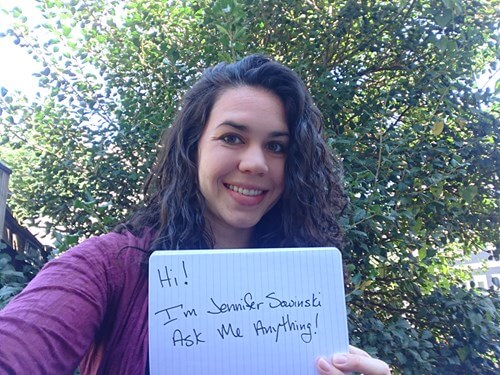Ask Me Anything: Optimizing Your Forecasting

Jennifer Sowinski Nemeth
Senior Consultant
ASK ME ANYTHING QUESTION
“We missed our goal on several shows this past season. Now we have to budget for next season, and we’re concerned about making the goals too optimistic. Is there anything we can do to feel more confident in our forecasting?“
JENNIFER SOWINSKI’S ANSWER
At the risk of sounding cheesy, I’d like to borrow a quote from Henry Ford. “Failure is simply the opportunity to begin again, this time more intelligently.” That’s not to say that missing a few goals should be considered a failure, but it does present a great opportunity to learn more about how the audience at your organization behaves in relation to certain types of performances.
First, if you haven’t already, you can read about some best practices for forecasting, which I wrote last spring.
But, in this case, you actually have even more information that you can use to your advantage. Take a close look at the productions that didn’t meet their goal this season, and consider—how did you come to those goals?
If the answer is, “I set realistic sales goals, then my boss raised them by 20%…” then, that might be a good place to start. But, if you felt good about your goals going into the season, only to see them continually fall short, then it’s important to examine why.
Consider what was different about this show that didn’t meet goal, compared to the comparator shows that you used when forecasting. There are a lot of factors that come into play in choosing good comparators, so recognizing what was different can help you choose better comparators next time. There are endless things to consider, but some common ones might be:
- Did the comparators have a performer with name recognition, but this year’s show didn’t?
- Similarly, did the playwright/composer/director/conductor/etc. have name recognition?
- Was the content different from expected? (more serious, more comedic, etc.)
- Was there a particular topic or theme that had an effect on sales?
- How were the reviews?
- How long was the sales cycle?
- Was there a holiday or special event in the area that affected sales?
Some of these factors are things that you or others in your organization might be in control of, but many are completely out of our control. So, consider how you can account for some of these things in the budgeting process. Maybe you’ll discover that shows over a holiday weekend have 10% lighter houses than those that aren’t. Or that performances with a recognizable actor sell an average of 20 more tickets per performance.
The precise solutions will be different for each organization, but—by recognizing and quantifying the differences among productions—over time you can improve your forecasting and be confident in your budget!
JCA Arts Marketing collaborates with cultural organizations to increase revenue, boost attendance and membership, and grow patron loyalty. We provide consulting and software services to hundreds of cultural institutions across multiple genres, including dance, museums, opera, performing arts centers, symphony, and theatre. We can help you achieve your marketing goals.


